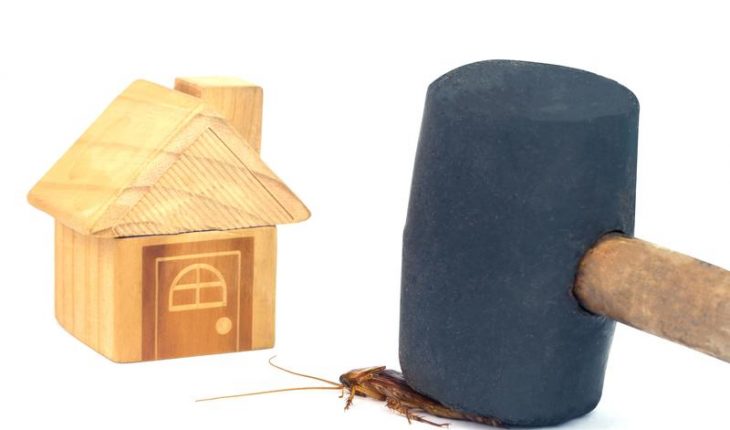Pest control has been around for quite some time; in fact, the first pest control company was formed in the 1690s and has since been a continually revolutionized opportunity for homeowners to prevent pest problems. From keeping disease out of your home or property to reducing allergies, pest control has many perks and benefits. However, there are considerable dangers and environmental impacts that come from pest control that many Americans are not aware of. Here are three key elements to consider if pest control is really right for you:
Business Waste
Pest control companies themselves produce waste into the environment that can be harmful to the earth and animal life. Business waste is simply waste created from a business, and common waste examples are paper, aluminum, glass, packaging, batteries, and plastic. Paper is one of the most common forms of waste out there, being 25 percent of all waste. That’s one of the many reasons so many pest control companies are trying to go paperless. For businesses, in particular, a few ways they are doing this is by using paperless document storage, have paperless meetings, and rely on electronic documentation and digital receipts.
Disruption of Environment
Many pests should absolutely be removed from your home or business, but consider that there are other “pests” that should not be removed. Let’s take honeybees for example. Honeybees are incredibly important to the environment through pollination. A honeybee will visit between 50–100 flowers in a single trip and they are the only insect that makes food that humans eat. This doesn’t mean that they need to have a hive near your home or business, this simply means that rather exterminating there are experts out there that can relocate them for the better of the environment.
Home Safety
For families who use pest control in or around their home, a necessary precaution will be to leave the vicinity for several hours to a day to avoid any form of chemical gasses to enter the lungs of adults or children. Chemicals such as boric acid, permethrin, and abamectin are used, and all chemical waste must be disposed of correctly if done by individuals rather than companies. Nontarget toxicity can happen if these chemicals are abused.
Pest control has benefits that all businesses and homeowners can enjoy, but it must always be carefully managed by every individual or professional. Certain pest life is positive to the environment and should be relocated rather than exterminated. By bringing awareness to the management of pest control, society can positively benefit.
Related: Why Waste Management and Ethical Sourcing Are Essential for Our Environment




